Gloucestershire Wildlife Trust is governed by a Board of Trustees
The Trustees are directors of the company and trustees of the charity. They hold a legal responsibility for the Trust and determine overall vision, mission and strategy of the organisation.
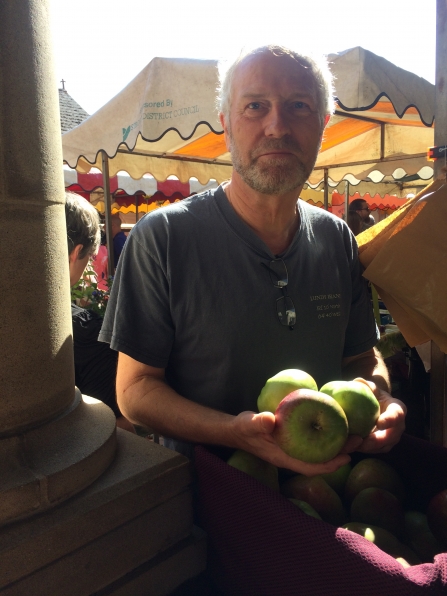
Chair: David Bullock
David was Head of Nature Conservation at the National Trust, where he led a wildlife adviser community of over 50 staff and helped develop policies on nature conservation and wildlife management issues. He is an ecologist with interests in conservation biology and exploring people-wildlife coexistence.
He has lived in Gloucestershire, and been a member of GWT, for over 20 years. David is active with the county’s bats and its Bat Group, contributing to three of the National Bat Monitoring Programme surveys in the county. He is one of the editors of Conservation Evidence, an online journal which encourages papers from practitioners about what works (and what does not!) in their management for species and habitats.

Jane Furze
Vice-Chair: Jane Furze
Jane worked for Cheltenham based multinational Kraft Foods for over 20 years as a marketing and communications professional. Since leaving Kraft she has worked predominantly in the charity and public sectors, expanding her marketing expertise to include event leadership and fundraising. She has held Director and CEO roles at Cheltenham Festivals, has run RHS Malvern Spring Festival and has been Director of Public Engagement at The University of Warwick. In her spare time she enjoys walking, gardening and reading.
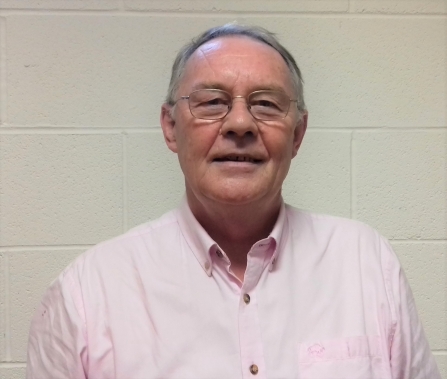
Andrew Bluett
A chartered surveyor by profession, Andrew began his career in the construction industry in Gloucestershire and London, then moved on to manage the licensed retail estates of Whitbread PLC and Enterprise Inns PLC before spending the last 7 years as a self-employed surveyor and consultant, specialising in the licensed retail sector.
He was born in the Forest of Dean and grew up on the banks of the River Severn; the Forest and Severn Vale are very close to his heart, but he knows, understands and has equal affection for the rest of Gloucestershire.
He became interested in wildlife as a very young child, maintained that interest for the whole of his life and has travelled widely in the UK and continental Europe, mainly studying birds but with a solid interest in all other wildlife.
Sally Byng
Sally has many years’ experience of collaborating creatively with disabled people to increase access to places, spaces and communities. This continues through her current roles both as a Deputy Lieutenant in the county and as Chief Executive at Barnwood Trust, a long established Gloucestershire disability charity. She is in touch with many places, people and organisations across the county with whom Gloucestershire Wildlife Trust could collaborate and make a difference.

Martin Horwood
Martin was MP for Cheltenham from 2005 until 2015, and tried to champion environmental issues including more ambitious climate change targets, the new Local Green Space planning designation and more sustainable flood management and planning. He previously worked in charity fundraising and management as Director of Fundraising at the Alzheimer's Society and as a fundraising manager at Oxfam. He is currently a councillor and cabinet member at Cheltenham Borough Council and a board member at Cotswolds Conservation Board.

Kathryn Monk
Kathryn Monk
A career ecologist and environmental scientist, Kathryn brings many years of experience in leadership and governance across the UK in universities and government agencies and globally in international development roles. She has held senior advisory positions in environmental science policy and application and has chaired multiple boards focused on strategic, evidence-based environmental management. Her career includes ecosystem-scale conservation projects in Indonesia, sustainable forestry initiatives in Guyana, and civic climate action in Bristol, all of which involved working closely with communities to drive nature’s recovery.
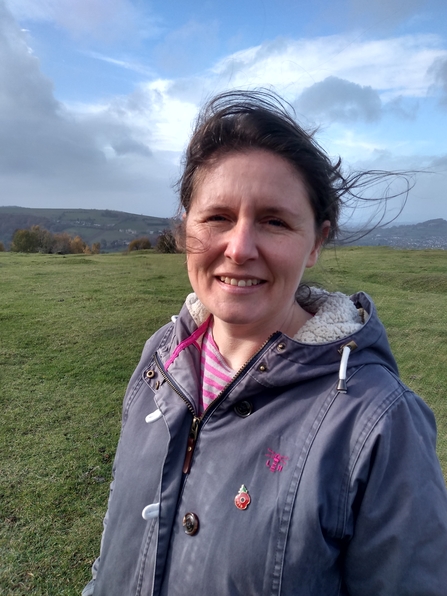
Nicola Spencer
An accountant by profession, Nicola originally studied Biology at Bristol University, followed by a masters degree in Environmental Sciences, so conservation has been close to her heart for a long time. Following training with EY, one of the Big Four accountancy firms, she has spent almost 20 years in the charity sector, including 13 years as Director of Finance at WWT, the national wetland conservation charity based at Slimbridge. Whilst there, her responsibilities gradually grew to include legal matters, governance, IT and human resources, and she then fulfilled a similar role as Director of Finance and Resources at the Marine Conservation Society. She is now Group Resources Director at the Soil Association. Nicola believes that good governance and financial management are essential to ensure that charities are as effective as possible - perhaps now more than ever. She has lived in Gloucestershire for 14 years and loves getting out into the countryside with her young family.
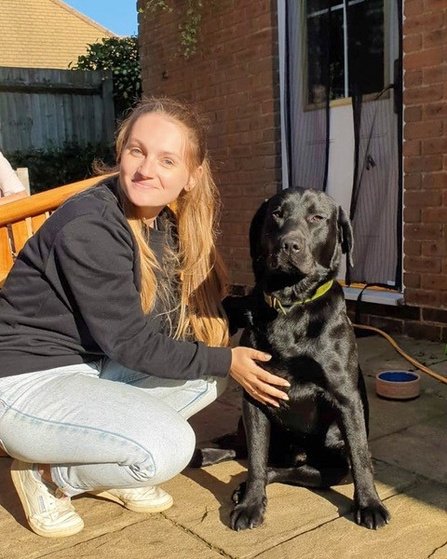
Emma Waldron
Emma is a passionate conservationist with a specialist interest in birds of prey, and a Communications Officer by profession. She studied Wildlife Ecology and Conservation Science at UWE before moving to Gloucester to work in zoo communications and marketing. She has worked and volunteered for charities in a variety of roles and has experience in many aspects of conservation - from on the ground works to strategy and planning, including as a Founding Trustee of a raptor conservation charity.
Emma believes that her experience in zoo conservation and communications is of relevance and value to the Board. She also feels that she can provide support to the current young people’s representation within the Board and continue to highlight young people’s perspectives on the current environmental challenges that we face. Emma looks forward to the opportunity to help shape the future of this county’s nature, that she now so happily calls her home.
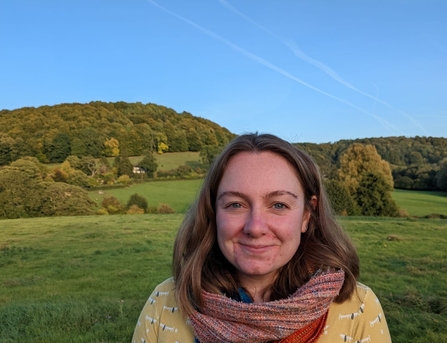
Amy Walsh
Amy has ten years experience in strategic and operational project management in the environment and community sectors. As a qualified Forest School Leader, she is on a mission to enable people from all backgrounds to discover the magic in nature. She runs her own business working with community organisations and groups in the Dursley/Wotton-under-Edge area, as well as managing the team at Tortworth Arboretum.
Amy loves being creative, experimenting with new ideas and collaborations, and being outdoors creating restorative spaces where people can improve their wellbeing, whilst nurturing their skills and values to grow a more socially and environmentally conscious society. When I’m not in the woods, you’ll usually find her swimming in a lake, stomping up a hill or in the garden with her hens.
Amy hopes that her experience working with young people and communities will support the important work GWT is undertaking to broaden its reach and connect with more people from a range of backgrounds, with the aim of broadening the membership body to be more representative of Gloucestershire’s diversity.

Richard White
A Rural Chartered Surveyor by profession, Richard is based at a land agency practice and has particular interests in rural recreation, land management, environmental stewardship, regenerative farming and other sustainable land uses. He is heavily involved with Natural Capital schemes in the area. Richard has also worked at an international level on sustainable farming projects for the Department for International Development in Central Asia. His personal interests include walking, running and wildlife conservation. Although not a native to Gloucestershire he has worked across the county since 1996.

Barry Wyatt
Barry is a Chartered Planner by profession, He is currently South Gloucestershire Council’s Climate and Nature Emergency Manager after having spent 29 years at Stroud District Council and 12 years as Director of Development Services. Prior to leaving Stroud he was increasingly becoming involved in climate, nature and energy related issues which went well beyond the regulatory requirements of local government. From its inception, he previously represented the Gloucestershire Local Councils on Gloucestershire Local Nature Partnership.
Barry's role at South Gloucestershire has enabled him to fully focus on shaping the Council’s response to the declaration of a climate and nature emergency. He has led the development of new strategies and action plans and has recently been successful in developing innovative projects and successful funding bids for investment in natural capital, the creation of a new river reserve and a multimillion-pound urban tree planting scheme.
During his trusteeship Barry hopes to bring his knowledge of planning and regulatory systems, understanding of Gloucestershire’s local government landscape and his experience in mitigating and adapting to the impacts of a rapidly changing climate, to assist the Trust in whatever way he can best be utilised. When the time is right, he hopes to be able to walk away knowing that he has made a positive difference and has played a small part in securing and sustaining nature’s recovery.
How are Trustees recruited?
Trustees serve for a fixed term and retire by rotation at our AGM
Each year we conduct a skills audit and identify any gaps in the skills and experience of the Board. When gaps have been identified, we place an advertisement for new trustees (based on these gaps) in our members' magazine and on our website.
We also ask current trustees to suggest potential candidates from amongst their personal networks, particularly where we are looking for very specialised skills.
Applicants are then interviewed by Governance Panel and background checks are made. Governance Panel makes a recommendation to the Board and successful candidates then stand for election by our members at the next AGM.
On occasion, successful candidates are co-opted to the Board and serve alongside existing trustees until the AGM where they stand for election in the normal way.
Co-options
We also have a number of individuals who have been co-opted by the current Trustees and who will stand for election at the 2025 AGM.
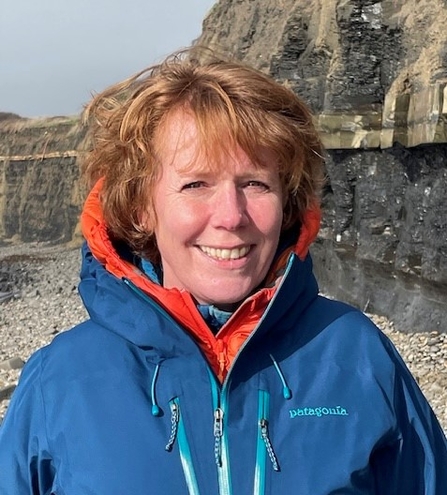
Caroline Cotterell
Caroline is an experienced environmental leader, with a professional career of over 30 years working to improve the natural environment and empower people to enjoy and benefit from nature. For the past 10 years she worked as a Director for Natural England, government’s nature conservation advisors. She was responsible for their work on biodiversity and landscape, building partnerships with stakeholders and government to shape England’s environment framework, and deliver programmes to recover nature at scale. She has also worked extensively with Boards and Executive teams to ensure governance systems, people and diversity strategies are in place to enable organisations to perform at their best.
Caroline in a keen runner and lives in a small village in Gloucestershire, in the Cotswolds National Landscape.
Paul Hooper

Joshua Majhutiak
Josh is an Associate Partner at IBM, the multinational technology firm. He has over ten years of consulting experience, supporting financial services organisations on digital and sustainability transformation journeys.
Josh was born in Gloucestershire and grew up a stones throw away from our Ashleworth Ham Nature Reserve. He has recently moved from London to Cheltenham with his wife to start their family, hoping to provide them with the same experiences of the countryside that he had.
He has an appreciation for the challenges of competing priorities between nature and humans, including farming and housing development. In the role of trustee he is eager to support the Trust's efforts in this area and help to further deepen the relationship between people and wildlife.
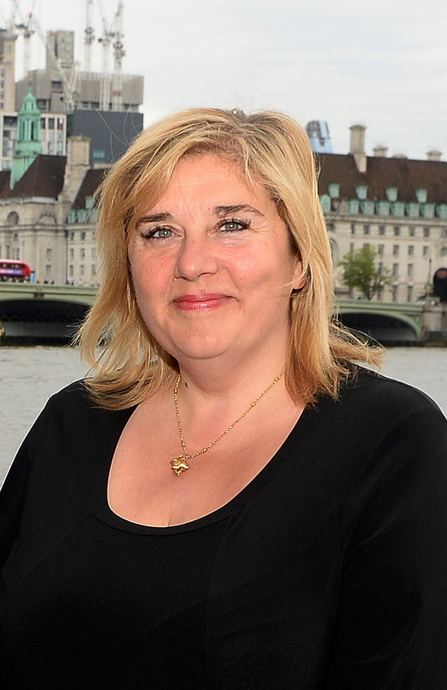
Stephanie Wray
Dr Stephanie Wray has lived in Gloucestershire and been a member of GWT for over 30 years. She is a specialist in ecology, biodiversity and sustainable development, with 30 years’ experience in assessing the impacts of projects, policies and whole organisations on the natural environment. She has a PhD in Ecology and a Masters in Business Administration.
Stephanie has worked extensively in the planning and construction sectors, including acting as environmental and sustainability advisor to a number of major infrastructure projects including HS2, East-West Rail and the M6 Toll road. Since 2020 she has consulted on corporate-level issues in biodiversity and climate such as setting science-based targets, and developing nature strategies, most recently trading as Athene Consulting. Stephanie is a past President of the Chartered Institute of Ecology and Environmental Management and is Chair of national wildlife charity The Mammal Society.
